Oct 25, V7N-APIA, Samoa At the Commonwealth summit in Samoa, Britain’s King Charles III faced increasing calls to confront the United Kingdom's colonial past, as discussions on slavery and empire overshadowed the event. The summit, which gathered leaders from the 56-nation Commonwealth—largely made up of former British colonies—was originally intended to focus on contemporary issues such as climate change. However, debates over reparations for slavery and colonialism took center stage, reflecting a growing demand from African, Caribbean, and Pacific nations for Britain and other European powers to address their historical role in the slave trade.
Prime Minister Philip Davis of the Bahamas emphasized the need for an open dialogue on historical injustices, stating that reparatory justice, while difficult, is crucial for addressing the generational trauma caused by slavery. "The horrors of slavery left a deep, generational wound in our communities, and the fight for justice is far from over," Davis said, underscoring the importance of discussing reparations as more than financial compensation but as a means to acknowledge the ongoing legacy of exploitation.
King Charles, while acknowledging the pain caused by Britain's colonial past, refrained from issuing an apology or committing to reparations. He instead urged summit attendees to "reject the language of division" and commit to learning from the past to address enduring inequalities. This response did not satisfy many of the leaders calling for reparations, with some feeling that Britain was avoiding the issue of accountability.
The UK government, under Prime Minister Keir Starmer, has publicly rejected calls for financial reparations and has avoided making a formal apology for slavery. Behind the scenes, Commonwealth summit negotiators reportedly worked to water down language calling for a debate on colonialism in the final communique, signaling a reluctance to engage fully with the reparations issue.
However, some view the inclusion of reparations in the summit's discussions as a significant step forward. Joshua Setipa from Lesotho suggested that reparations could take non-traditional forms, such as climate financing, to address both historical injustices and present-day challenges. Additionally, experts like Kingsley Abbott from the University of London noted that the acknowledgment of reparatory justice in summit discussions marks progress toward opening up meaningful dialogue on colonialism.
As King Charles concludes his tour of Australia and Samoa, which coincides with his first major foreign trip since his cancer diagnosis, the ongoing debates over colonialism and reparations highlight the deep divisions that remain over Britain’s imperial legacy, even as the Commonwealth seeks to remain relevant in modern global affairs.
END/WD/RH/



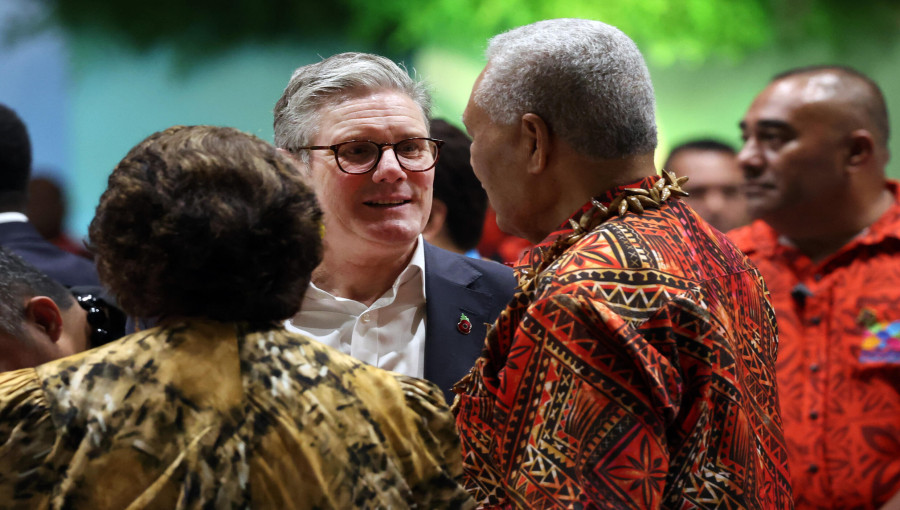
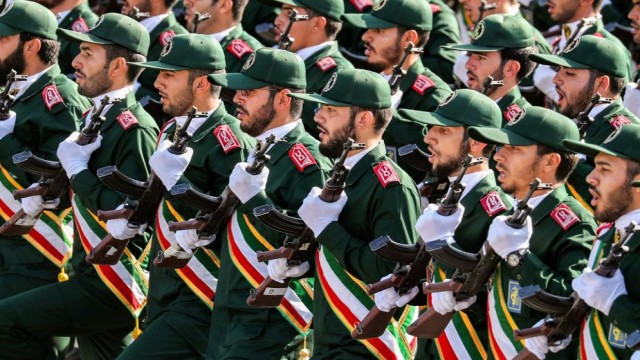

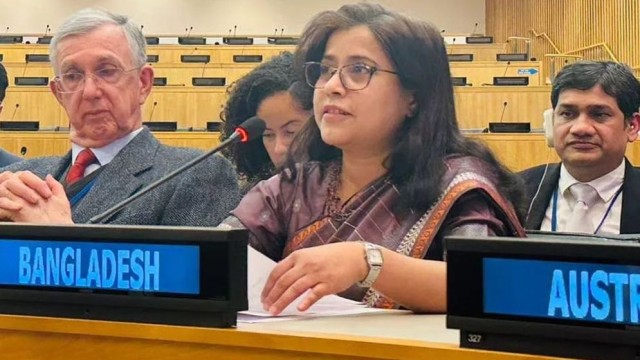
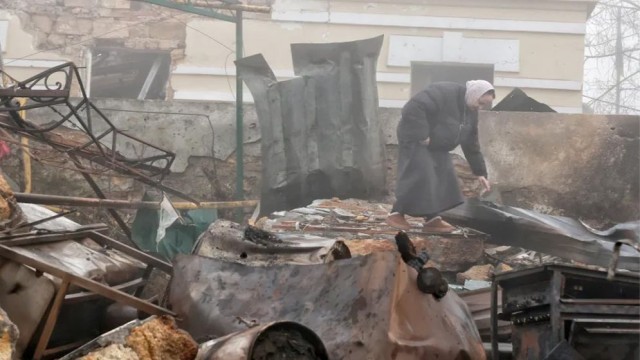
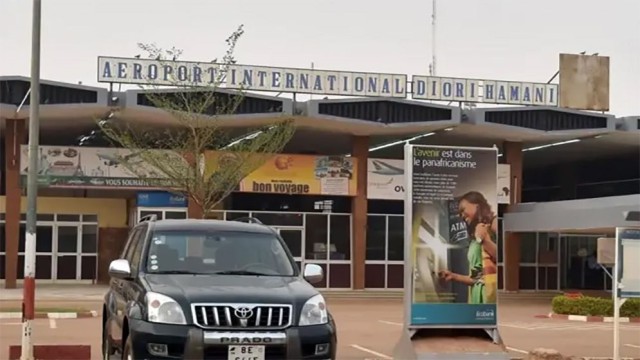
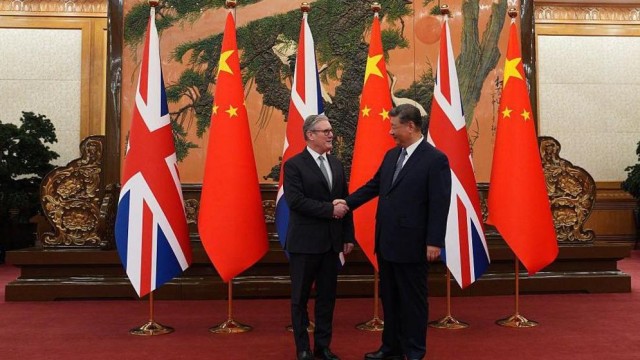

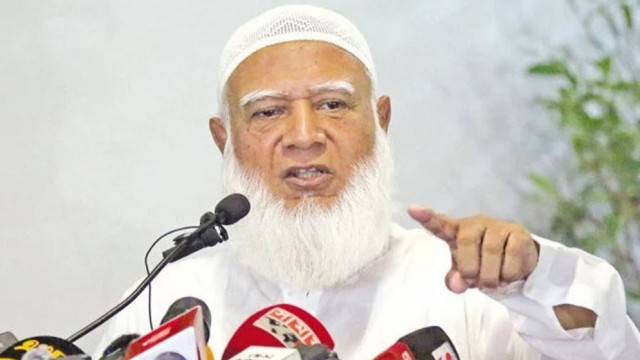
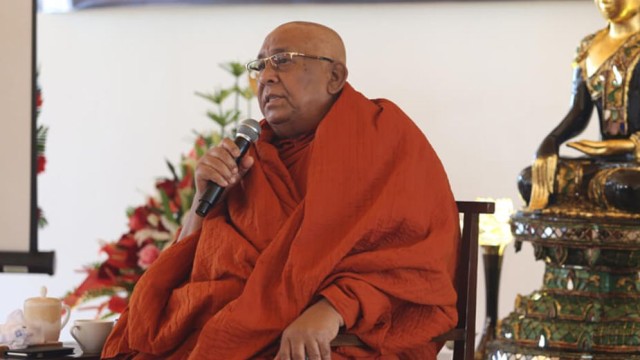



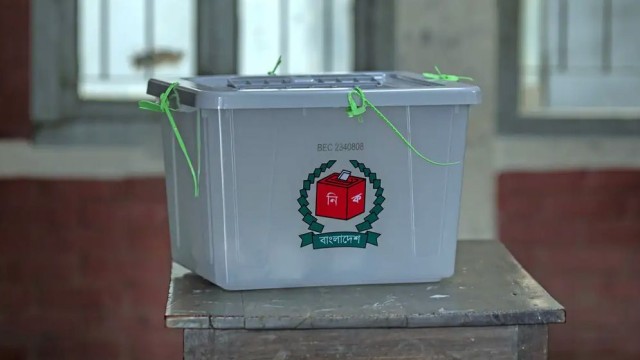
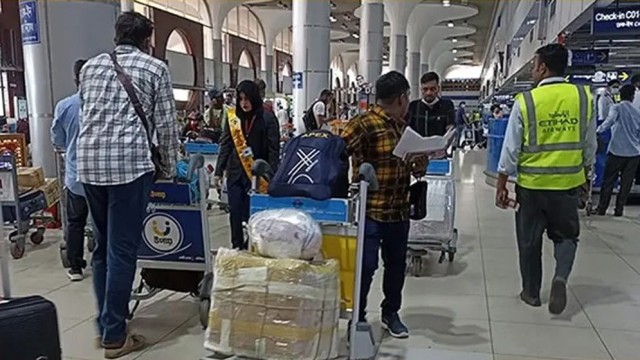





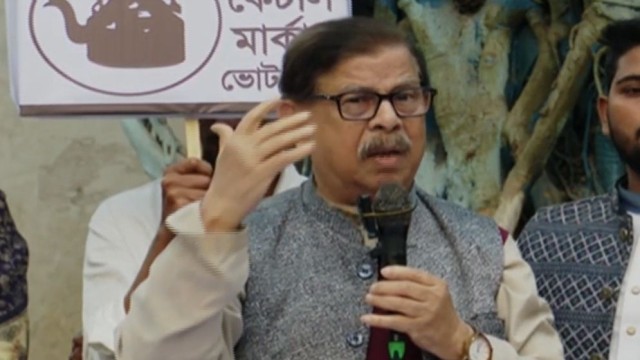
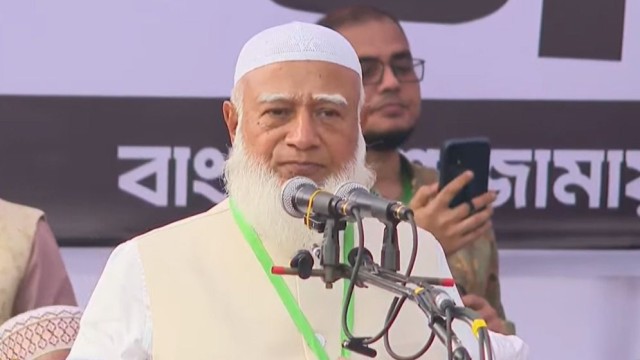



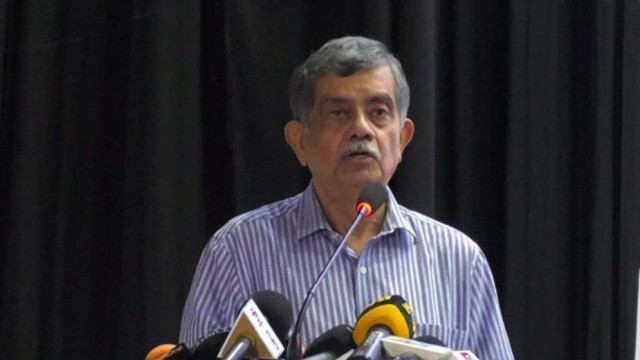
Comment: